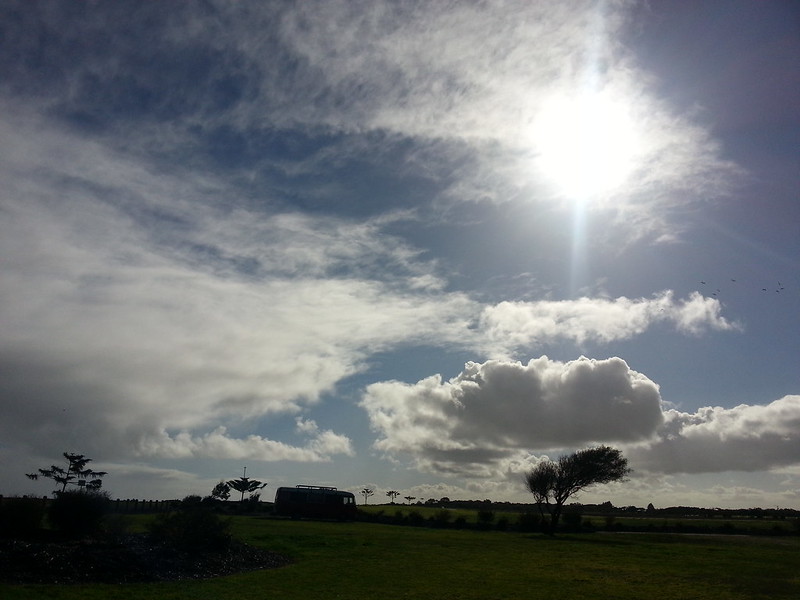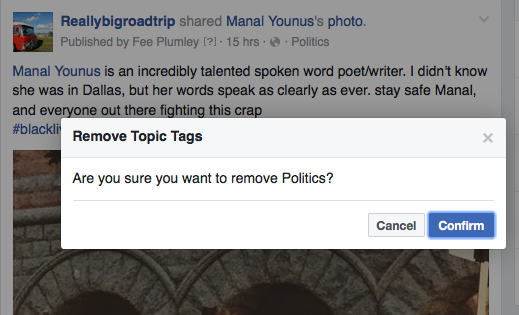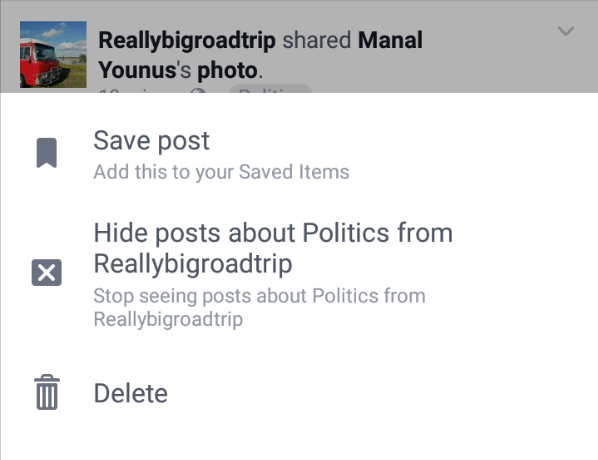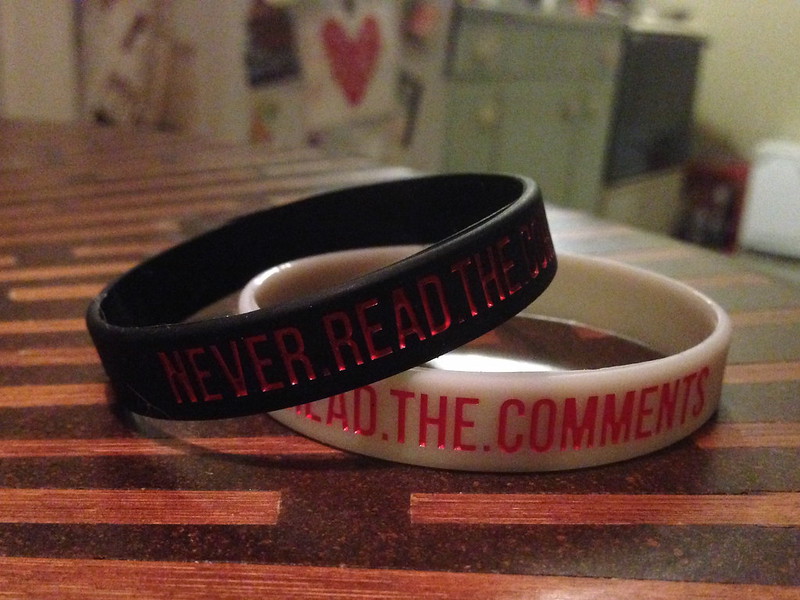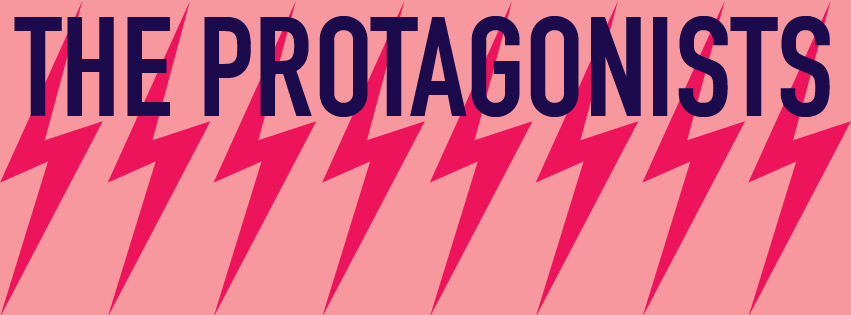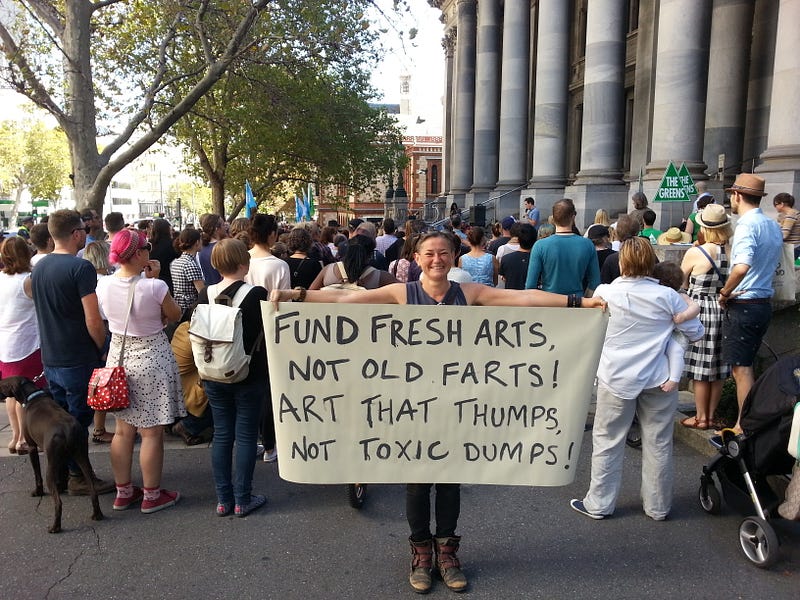This is a social change job application I recently submitted, which was rejected. One of my referees told me I should blog it, so here we go. I’ve been trying to find a way of making something like this happen for years, so if you want to hire me to make this happen, can help or have suggestions for improving it all, contact me. And if you want to help me keep going alone, I have a patreon.
Dear <redacted>,
Firstly I’d like to thank and commend you for offering this role as a remote position. I’m a nomad – I live in a bus in Australia – and find it’s exceedingly rare to find paid roles in this field which don’t require you to stay in one location. Subsequently I’ve been mostly working solo, unpaid, developing ways of bringing creativity and technology together toward progressive social change. Over the last few years I’ve been learning about social change organising, strategising, scheming, testing and delivering various approaches to this. I may well not be the person you seek for this role, but I would like to take the opportunity to share my thoughts with you. Should any of it stick, we should talk!
My process
I’m largely a Media Arts Creative Producer by ‘trade’, which for me means that I have ideas and I make them happen. I don’t work exclusively with any one media, community or cause. My process starts with what I need to say, who I need to say it to, then choosing the most suitable format for that combination. From there I can determine who and what is required to bring it to life, where it is best placed to happen, and how I’m going to be able to resource it all (I’m pretty good at fundraising). Once I’ve made it happen I evaluate how it went and progress to the next challenge.
I started living in my bus almost four years ago. Freedom from rent allowed me to follow my heart with less pressure to conform to societal norms. Subsequently I began working on more and more social change focuses, which lead me to realise that making art and making change are almost exactly the same process.
Technoevangelism
Most of my twenty years working within creative digital culture have been spent encouraging others to build and maintain their own online presence through education programs, initiatives and commissions. One of my central interests has been in helping people to discover their inner geek, empowering them with the skills and confidence to amplify their voice and reach with all the opportunities the internet world promised. These days my pragmatic cynicism has me spending less time on technoevangelising and more time pointing out the risks and threats to our online presence since privacy and net neutrality became the enemy of neoliberalism. The tentative balances between public/private, promotion/protection, signal/noise have me questioning where we are letting ourselves be lead, and what we can do about it. Where my previous works put technology front and centre, my recent work actively demands you switch your mobile device off before engaging with yourself, in a hammock.
Campaigning
In terms of campaign organising I see myself as a relative n00b. Despite growing up in Thatcher’s Britain, marching with the multitudes, and all my years educating artists in maintaining their own rights, I only started becoming actively involved in the back end of organising in the last few years. In that time I’ve observed that while grassroots organising is getting smarter and better equipped to initiate and harness virality, we still sorely lack a greater intra-connection between groups. Partly this can be attributed to a lack of digital literacy, partly to a lack of time available to explore the unknown potential technology can provide when done well. My feeling is that with smarter big picture reflection, research, strategising, training and implementation, we could transform a thousand grassroots siloes into a single decentralised network comprising hundreds of thousands of articulate voices. The beauty of the decentralised network is in its recognition that no one size fits all, yet no one voice or brand speaks alone.
Proposal
Here’s a ballpark of what I’d like to do, if invited to join your team (with the obvious provisos regarding your own visions and inputs, of course!):
- Visit you and your teams, wherever they are based, along with representatives of key movements around the globe (e.g. BLM, Occupy, Liberate Tate, Whistleblowers, Activists and Citizens Alliance/WACA, Standing Rock/DAPL protesters, Voices of the 3% Aboriginal campaigners, amongst many others). Interview them about their people, process, messages and technologies and analyse them using qualitative (anecdotal, case studies) and quantitative (surveys, stats/data) methodologies.
- Explore existing offerings (such as Network Builder, Loomio, riseup.net and others) in light of the analysis to see what’s missing and what could be improved upon. (It’s worth noting that Network Builder is currently the most popular campaign platform in AU right now, but I find it to be frustratingly expensive for grassroots movements and is often used more like a blog than its cross-campaign potential could allow).
- Create collaborations between activists and artists (especially media artists, writers and craftivists), researchers, technologists, educators, health workers/carers, legal minds and scientists to produce training materials for each discipline working with interdisciplinary practice in mind (there’s more on my reasons for singling out these types below).
- Build on an activist resource (something along the lines of a wiki I started sketching out a while ago, http://weareallactivistsnow.
com), and a regular physical/online book club meetup for informal info sharing and discussion (again I started a format for this http:// sundayafternoonactivistclub. com), which feed back into each other and feed in/out to similar online repositories/networks such as Beautiful Trouble, preventing the reinvention of wheels. This is both for knowledge sharing and a support group and could include a series of education programs/discussion sessions in ‘how to disagree pleasantly’, ‘how to check your privilege’, ‘how to motivate occasionals’, ‘how to maintain momentum’, ‘how to lobby’, ‘how to secure your communications’, etc (the kind of things they don’t teach you in school, only with teachers notes so progressive teachers can do exactly that). - These findings and outcomes will then become offerings – a touring training, train the trainer and ambassador program – which can be made available for free and delivered to grassroots campaigners (online and in person, wherever they are based) in many languages and from many cultural perspectives (and in whatever media format they prefer), along with a mentoring program and the open source, secure, networking and support group (helping them to better help themselves and each other).
- Build on these expanding communities to collectively build a vision of the future which isn’t two party politics and explores alternative systems (anarchosyndicalism and The Commons are my personal preference, for the record), with progressive economists (e.g. Richard Denniss in AU) presenting analysis of things like LETS schemes and basic income models.
Target Audience
I should explain that my target audience here are largely the grassroots organisers as I feel those are the people/collectives who do the most risky work, who typically have the least digital literacy, and who need the most help. I don’t believe it’s worth wasting time trying to change the mindset of the masses and their naysayers. I feel the best strategy here is the same as the media arts strategy I have always worked toward: amplify and support the work of those who already ‘get it’; join the dots in decentralised networks so they know they are not alone and can build better network nodes of their own; support them (and let the technology support them) to make more work, better work, and for that work to reach more eyes and ears. A bespoke injection into one group leads to their own expansion, which brings in new audiences, new collaborators, new works, etc etc as a viral loop. In time our niches will inevitably become the new mainstream (something I actually believe has already happened, but we don’t realise it broadly, yet). My secondary target audience are those who are currently sitting awkwardly on fences. They may have always voted conservatively, but their consciences are poking at them; they know instinctively that what is going on around them is wrong, they just don’t know what they can do about it given the entire electoral & governance system has collapsed into a capitalist, self-serving, mess. They can be brought over with the gentle nurturing we used to apply to non-digital natives; find the appropriate reason for them to care and non-threatening actions to get them started and they’ll become their own ambassadors to their own networks.
I read some US research last year which said that around 80% of people believe that change is possible, but that the same amount believed others don’t believe it. I believe we have reached a tipping point, that more people now are ready for change than ever. I believe it will get worse before it gets better (especially for our most vulnerable, First Nations peoples, POC, refugees, etc) but that it will get better… if only we can harness this new acceptance of change, NOW. What we’ve got is a perception problem. This is why I feel my experience within the arts makes so much sense within all this; Artists deal precisely with perception, it’s what we do.
Collaboration
I mentioned collaborations with activists and artists, researchers, technologists, educators, health workers/carers, legal minds and scientists. My reasoning is that all humanities funding is being slashed in UK and AU, and while US funding works differently your workers in these areas face similar challenges. In the age of austerity we are told to drop these ‘hobbies’ and become independently economically viable or sanitise our messages in exchange for unethical sponsorship. This means there’s a huge group of very pissed off, very intelligent, very passionate and hard working individuals just waiting for somewhere to constructively focus that frustration. Let’s give it to them; let’s see how interdisciplinary thinking and action delivered through platform cooperativism can help agitate and amalgamate our collective noise.
Human-centred technologies
In terms of where we host this information/how we run these decentralised networks, I’m not suggesting that we build a new platform (not unless it genuinely is the only way, which right now I don’t). I do however feel we rely far too heavily on corporate platforms which are closed source, proprietary, and offer next to no privacy/protection. If/when Facebook/Twitter choose/are forced to take down those of us who use those platforms, we will have wasted all that time and energy for all concerned, and we’ll have to start rebuilding all over again. We haven’t got time or energies to invest in the unsustainable. Most technology assumes their users are static – the mobile interfaces of today are far more desktop than mobility oriented, sadly. Many campaigners work on the hoof, out on front line locations or with migrant communities whether climate or war induced. We need a return to mobility thinkings, more playfully designed serious interactions and more humanly-oriented interfaces. We need design for time saving and clarity, and full open integration to still enable messages to reach across the myriad of closed platforms (of course including fb/tw).
Everyone is exhausted, damaged, burned out. We have an intolerably high suicide rate within activism, which is hardly surprising. My belief is that we can better use technology, creatively, to change that. We can be smarter, we can connect the dots and multiply actions more humanly, strategically, and with the greatest viral impact at the moment we need it most, as well as better generating, monitoring and maintaining momentum.
My experience
You may be reading this thinking ‘she’s nuts’… and in a way you’d be right. But I’m the right kind of nuts. These ideas might sound unachievable, but I’ve previously pioneered ways of working and thinking that were considered equally unrealistic. Seventeen years ago I trained a community of elderly housing tenants to produce and run their own Internet TV studio (it’s still going today). Around the same time I co-founded and ran an arts organisation which recognised the potential of the technology you carry in your pocket and empowered artists, researchers, educators and businesses to work in the now ubiquitous mobile content sector. Seven years ago I ran a strategic initiative at Australia’s federal arts funding body which challenged the notion of intellectual property rights in the digital age and created a “Geek in Residence” program, designed to enable holistic cultural shifts within arts organisations by subsidising media arts/technologist placements within arts organisations (and which other communities have since adopted). Five years ago I created a statement within my lifestyle choice which rejects the norm and celebrates otherness and humanness in a world fixated on homogeneity and capitalism. This year I managed to use arts funding to run a social change campaign for Boandik Indigenous Peoples. I’ve traversed sectors and continents and am known and trusted to get shit done whether I’m running a $2.4 million dollar budget or bartering (although the latter is my preference). I don’t believe this is impossible. Difficult, yes. Yet another thing to ask of campaigners, most likely, yes. But not impossible.
Personally, I’m done with complying. I’m done with pretending it will all get better if only we’re just patient and play the game. The game is rigged and we – those with hearts full of anguish instead of greed – are the losers, no matter how well we play. As I mentioned, I’ve been building these ideas largely alone, but this isn’t something one person could achieve alone, nor would a single approach be successful for something like this. No matter what I do, what I learn, or with whom I’m collaborating, I am always going to perceive existence through the lens of an educated white British woman. While I’ve never lived in luxury (nor wanted to) I can never entirely deny my privilege. But if I can’t get rid of it I’m damn well going to do whatever I can to use it to improve the lives of others. This vision is where I’ve got to so far. Some of it I have practised with grassroots communities (http://carefor.country; http://artprotagonists.com), some are things I’d like to explore further. Maybe that’s with you, maybe elsewhere. I’ve tried pitching this to social change fellowships previously and been rejected because my ideas are ‘too big’ or ‘not focusing on one single cause’. As a experimental media artist twenty years ago I received the same responses (even from people who should know better – as with Douglas Rushkoff’s testimonial from the media virus I created for his novel Ecstasy Club in 1997). I was right then and I genuinely believe there’s a lot of good in what I’ve achieved with all this so far. Maybe I’m right this time, too.
Apologies for the extremely long cover letter, but I hope you can appreciate why I felt the need to present it. My CV (one for the arts works and one for social change, sometimes with crossovers) is attached. Should you require references, I have asked <redacted> to respond to requests, but can happily provide contacts for my longer media arts world experiences too.
Wishing you the very best with your selection process, whatever the outcome.
With much admiration and respect for what you do,
Yours sincerely, fee.

